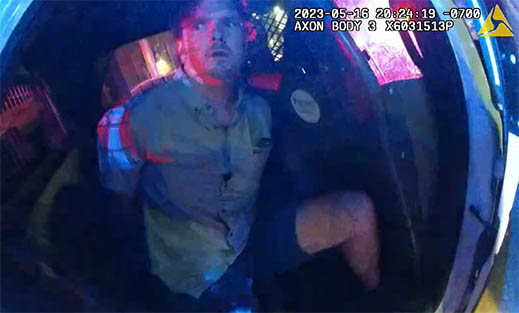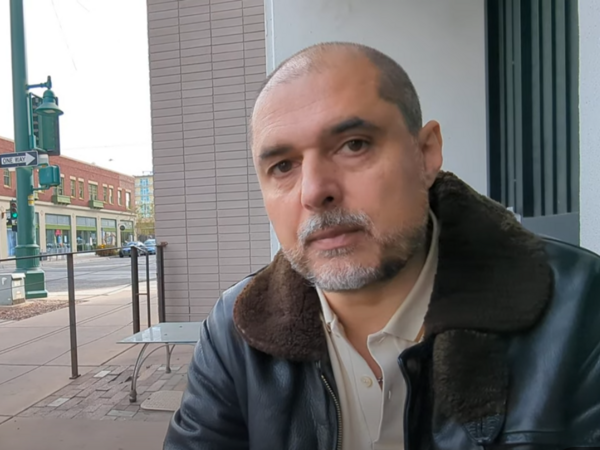State agencies cannot refuse to release database records because the IDs that connect the records are themselves health care “identifiers,” after the Arizona Supreme Court denied review of a lower court’s decision last week. Agencies must now create an encrypted version of the identifiers so the data is still useful.
In June of 2023, the Arizona Court of Appeals ruled in Silverman v. AHCCCS that state agencies must release database information in a usable format to those requesting public records. Specifically, agencies cannot obscure the connecting keys between data tables (as protected health-care information) without making an encrypted substitute for the key.
That appeal arose from a special action filed by the First Amendment Clinic as counsel for journalist Amy Silverman and the Arizona Daily Star against the Arizona Heath Care Cost Containment System (AHCCCS). The agency had refused to provide such encryped keys in response to Silverman’s public records request to review public database records to see how the agency determines benefits eligibility.
“This is a huge victory for journalists across the state and for the public,” said David McCumber, Executive Editor of The Arizona Daily Star. “It would not have happened but for Amy Silverman’s dogged reporting and the great work of the First Amendment Clinic. All of us at Arizona Daily Star are thrilled with the result.”
“This is an important win for the public and for journalists, since most records are kept in databases,” said Gregg Leslie, a Professor of Practice and the Director of the First Amendment Clinic at ASU’s Sandra Day O’Connor College of Law. “Removing the keys that connect all the information in a database renders the data useless.”
AHCCCS had maintained that providing the encrypted keys was not required by the Arizona public records law because it would amount to the creation of a new record.
The Court of Appeals rejected this argument and held that “requiring the agency to use a one-way cryptographic hash function to redact the non-disclosable data – substituting a unique hashed value that masks protected information without destroying its function in the database – is necessary to ensure a requestor receives, to the extent possible, a copy of the real record.”
AHCCCS filed a petition for review of this ruling with the Arizona Supreme Court. On May 7th, the Supreme Court denied that review, leaving the Court of Appeals’ ruling as precedent for similar public records requests in the future. Silverman and the Daily Star filed the underlying special action complaint nearly three years ago in June of 2021, though Silverman’s initial public records request to AHCCCS was made over four years ago in February of 2020.
The Star and Silverman requested these records while reporting a year-long project, State of Denial, co-published with the non-profit investigative newsroom, ProPublica, as part of their Local Reporting Network. Silverman wanted to examine rejection rates for people with intellectual and developmental disabilities applying for long term care through AHCCCS, the state’s Medicaid agency. The database information was an essential element in her reporting.
State of Denial went on to win a President’s Award from Lee Enterprises and was a finalist for several national reporting awards. Silverman was named 2020’s Virg Hill Journalist of the Year by the Arizona Press Club for her work on the project.
Silverman and the Daily Star were represented throughout the legal process by the First Amendment Clinic at Arizona State University’s Sandra Day O’Connor College of Law.




